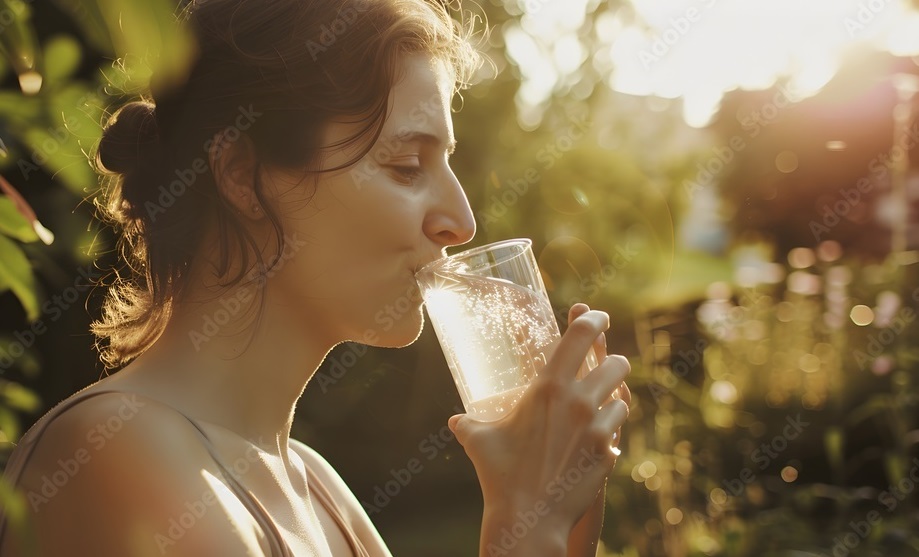Staying hydrated is essential for maintaining good health and well-being, yet not all beverages contribute equally to hydration. As a dietitian, I often encounter misconceptions about what constitutes hydrating drinks. Let’s chat about a few beverages that might seem refreshing but could actually be hindering your hydration efforts.
1. Sugary Drinks
You know those sugary sodas, sweetened juices, and energy drinks that taste so good? Unfortunately, they’re not the best for hydration. Why? Well, all that sugar can actually make you pee more, which ends up dehydrating you in the long run. Sugar triggers a diuretic effect, causing increased urine production and ultimately reducing hydration levels. Opting for water or unsweetened alternatives is far more beneficial for maintaining hydration throughout the day.
2. Alcoholic Beverages
While a cold beer or a cocktail may seem like a refreshing choice, alcohol is dehydrating. It inhibits the production of an anti-diuretic hormone, leading to increased urine output and contributing to dehydration. If you choose to consume alcohol, balance it with water and hydrating foods to mitigate its dehydrating effects.
3. Caffeinated Drinks
Coffee, tea, and caffeinated sodas are popular beverages enjoyed by many. However, caffeine acts as a mild diuretic, promoting urine production. While moderate consumption of caffeinated beverages can contribute to daily fluid intake, excessive consumption or relying solely on these drinks for hydration can lead to a net loss of fluids. It’s important to supplement caffeinated drinks with water to maintain hydration.
4. High-Sodium Beverages
Ever reached for a sports drink thinking it’s a good choice after a workout? It can be, but watch out for the sodium content. Too much sodium can mess with your body’s water balance, leading to dehydration. If you’re sweating a lot, it’s okay to reach for electrolyte drinks in moderation, but always make sure you’re getting plenty of plain water too.
5. Carbonated Drinks
Carbonated beverages, including sparkling water and sodas, can be refreshing but might not contribute significantly to hydration due to their carbonation. The carbonation can create a feeling of fullness and discomfort in some individuals, potentially reducing overall fluid intake. Plain water remains the optimal choice for straightforward hydration without any additives or potential discomfort.
In Conclusion:
When it comes to hydration, water is undoubtedly the best choice. It’s calorie-free, readily available, and essential for all bodily functions. While other beverages can contribute to daily fluid intake, it’s crucial to be mindful of their potential diuretic effects and overall contribution to hydration. Moderation and balance are key principles in ensuring you stay hydrated effectively.
As a dietitian, my advice is simple: prioritize water as your primary source of hydration throughout the day. If you enjoy other beverages, consume them in moderation and consider how they might impact your overall hydration status. By making informed choices about what you drink, you can better support your body’s hydration needs and maintain optimal health and well-being.
Also Read:
